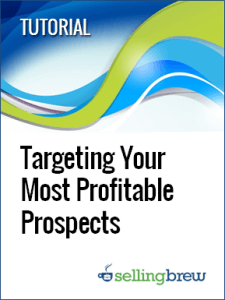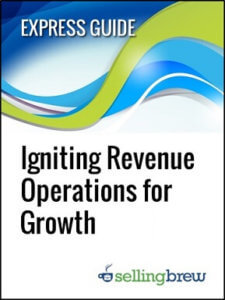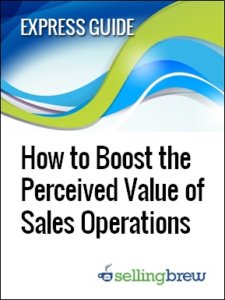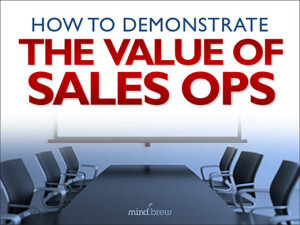We all know that sales is a numbers game. As a result, many salespeople assume that if they want to increase their sales, what they need to do is talk to more prospects.
If that were true, the best salesperson at every company would be the one who spends the most time working and interacting with leads each week. And while great salespeople do sometimes put in more hours than their less-successful counterparts, that isn’t always the case. Instead, in our experience, the most successful salespeople sometimes actually contact fewer leads than less-successful salespeople do.
So what’s their secret?
Successful salespeople don’t waste a lot of time talking to prospects that they know aren’t going to pan out.
Think of it this way: if you were a single person at a party where you hoped to meet someone you would like to date, would your best strategy be to talk to as many people at the party as possible? Or should you to try to get to know the people who seem like the most likely candidates for a relationship?
Whether you think about it explicitly or not, in this situation, you are naturally going to avoid some people so that you’ll have more time to talk to other people. You most likely wouldn’t even consider flirting with people who aren’t the gender that interests you romantically. And you’ll probably avoid people wearing wedding rings, for instance, as well as people who seem too old or too young for you. You’ll probably also stay away from people who are so attractive that they seem “out of your league.” And if you know you really like people who are tall or short or blond or brunette, you’ll probably start with them first.
Smart salespeople go through a similar process that helps them find prospects who are likely to be a match for their company’s products and services more quickly. In this case, you aren’t worried about whether someone is wearing a wedding ring or when he or she was born; instead, you should think about whether or not the prospect needs and wants what you have to sell.
To help with this process, we recommend that you complete at least one of the following fill-in-the-blank sentences:
- Prospects in my market are seeking to________________________.
- Prospects in my market are setting out to ________________________.
- Prospects in my market are trying to achieve______________________.
- Prospects in my market are looking to solve______________________.
Completing those sentences helps you narrow down your target audience to those prospects who are most likely to be a match for your company. But there’s a fifth question that is at least equally important:
- I prefer to only do business with prospects who ___________________.
Think long and hard about the answers to those questions. They can help you identify prospects that you should go after, but even more important, they can help you understand which prospects you should avoid.
We all would prefer to work smarter, not harder. The SellingBrew tutorial Targeting Your Most Profitable Prospects goes into more detail on how the strategic targeting process works. This practice can help you avoid wasting time and money on prospects that just aren’t ever going to work out.
And that’s a good idea whether you’re working or dating.











